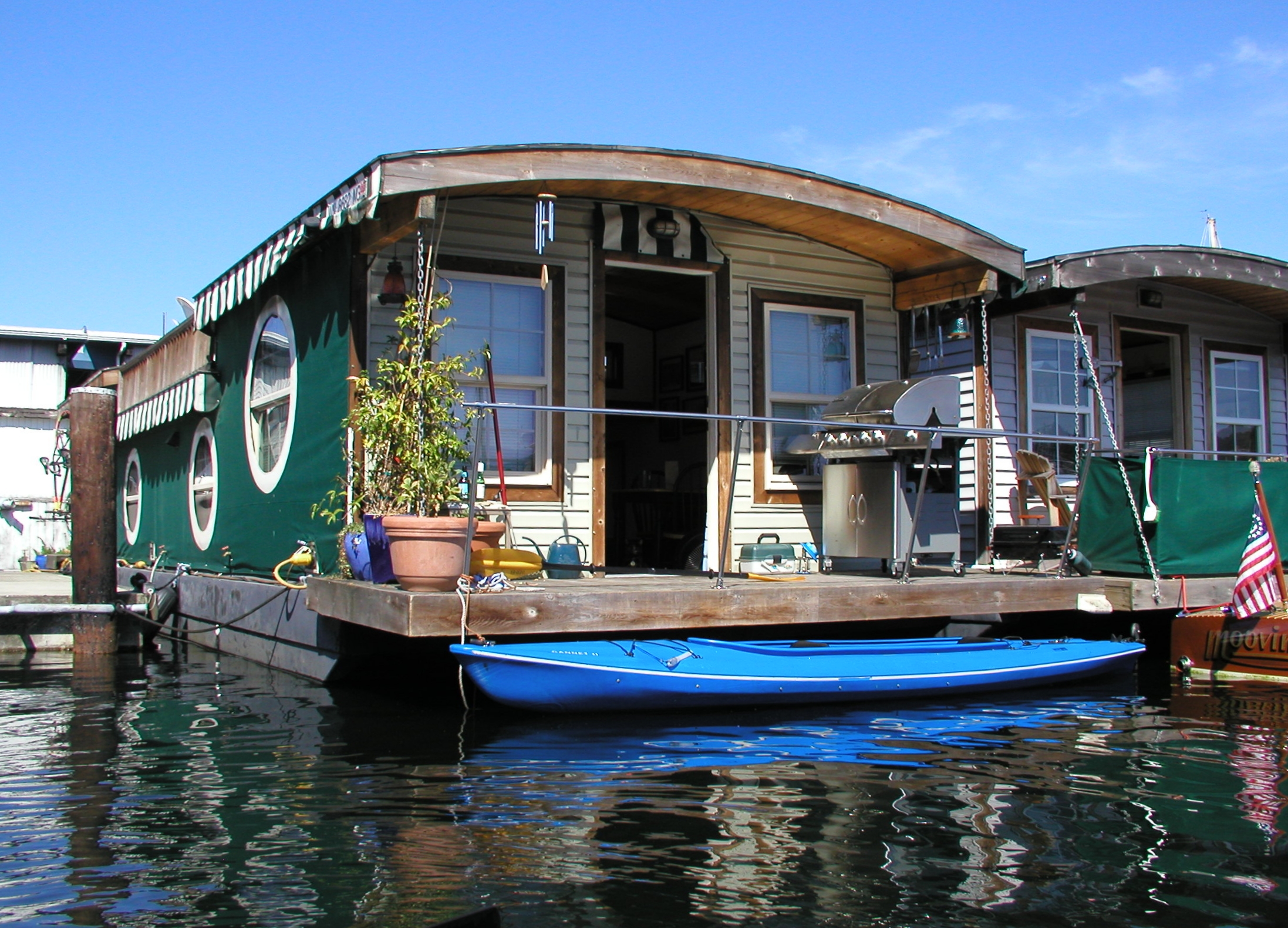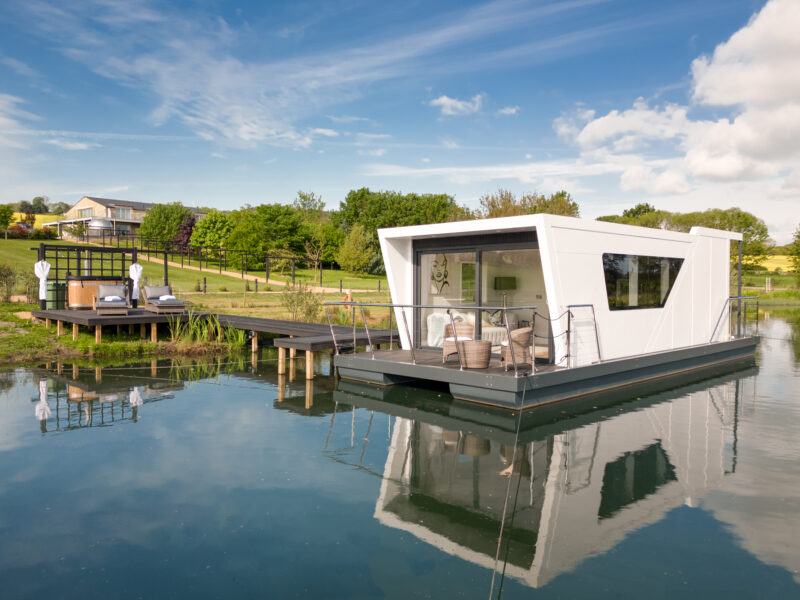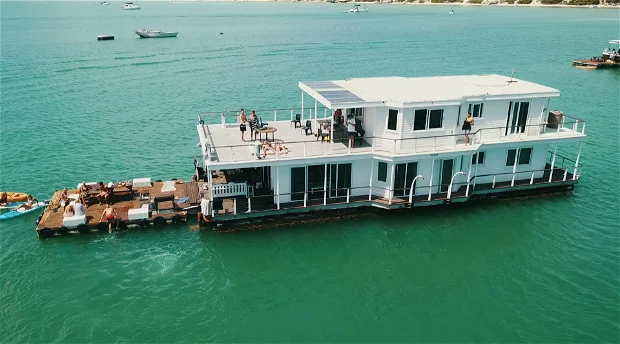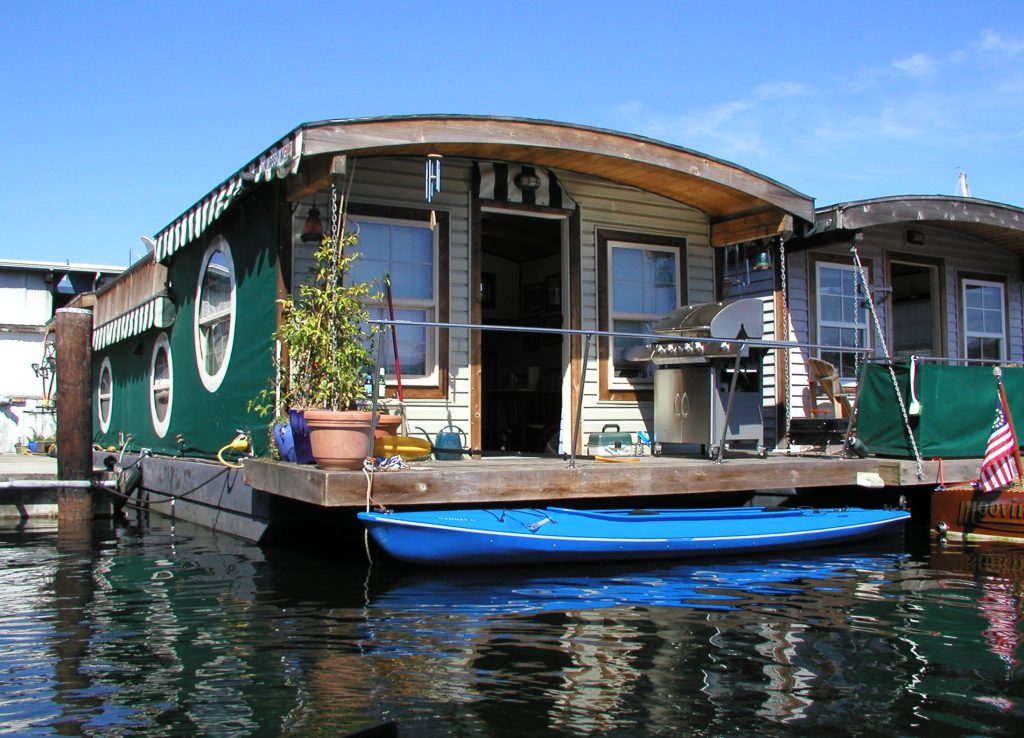
The Call of the Sea: A Different Kind of Home
“A house is just a place to keep your stuff while you go out and get more stuff.” – George Carlin.
But what if your house could move with you?

What if, instead of being stuck in one spot, you could take your home wherever you want? This was the initial allure why I got so into RVs and tiny houses.
Well, I got introduced to the tiny house movement and the RV lifestyle because of my job as a copywriter but the interest in the subject matter hasn’t waned.
In fact, it has taken such a hold of me that I can say it’s a subject that is deeply rooted in my mind.
So, I’ve been looking at every alternative out there. And even built a tiny house on my wife’s farmlot. It’s not yet finished though due to budget restrictions.
I’ve been daydreaming about owning an RV and living in one (most probably on my own) in the future.
Now, I’ve been thinking so much about the subject that I failed to put one thing in consideration: I live in the Philippines.
I was busy thinking and writing about tiny houses, tiny home living and RV-ing through the eyes and mindset of someone living in the US. That doesn’t seem to viable here in the Philippines.
After all, how am I going to travel with my house across the 7107 islands of the Philippines?
Sure, a mobile tiny house sounds like a good idea, di ba?
But for some, it’s going to be challenging because they’d have to cross bodies of water on a RORO or live their home behind.
So, forget the typical tiny house on land.
Instead, imagine waking up to the gentle rock of the waves, drinking your morning coffee with the sunrise over the sea, and having the freedom to move your home from one beautiful cove to another.
This is what marine living is all about.
But before you start fantasizing with me about sailing into the sunset, let’s get real.
Is it practical?
What are the challenges?
And how much does it cost to own a houseboat?
I went on a deep dive—both figuratively and almost literally (getting lost at sea is a real fear!)—to figure this all out.
The Allure of Houseboat Living
Not Landlocked, So Why Stay Stuck?
The Philippines is an archipelago, which means we’re surrounded by water. Unlike landlocked countries where a tiny house is the best option for affordable living, here, a house at sea might actually make more sense.
More practical on a boat, even! Instead of buying expensive land or renting forever, why not consider island hopping as part of your daily life?
A Nomadic Lifestyle on the Water
For those drawn to the nomadic lifestyle, living on a small boat means ultimate freedom. You’re not tied to one place, you can move whenever you want, and you have a front-row seat to the best sunsets.
A stationary boathouse is also an option if you prefer stability but still want to live by the water.
The Reality Check: Costs, Challenges, and Considerations
How Much Does It Cost to Own a Houseboat?

I got obsessed with this question and ended up spending way too much time researching yachts, dinghies, and every other type of small vessel. Here’s what I found:
- A fiberglass boat or a repurposed boat can be a more affordable option than a brand-new ship.
- Buying a rescue boat, speedboat, or even an old fishing boat and converting it can be a smart way to save money.
- Renovation and refurbishing costs vary, but a decent houseboat setup could start at around PHP 500,000, going up to the millions depending on size and amenities.
- Docking fees and maintenance should be factored in.
Dealing with the Downsides
- Seasickness: Not everyone can handle the constant motion.
- Getting lost at sea: Navigation skills are a must.
- Weather issues: Storms can be dangerous, so planning is essential.
- Practical homes require practical solutions, like securing fresh water and power.
The Kid’s Dream: Raising a Little Pirate
When I told my son about my houseboat research, his eyes lit up.
“So, we can live like pirates?!”
That was it.
He was hooked on the idea.
Suddenly, our conversations were all about pirate flags, treasure maps, and how we could turn a small boat into the ultimate floating fortress. Kids have a way of making things sound even more exciting.
But it got me thinking—how do you make a tiny house instead of a traditional home work for a family? The answer lies in smart storage, safety measures, and making it feel like a real home.
Houseboat Essentials: Technical Specs & Must-Haves
If you’re serious about living on a houseboat, you’ll need to consider these:
Flat-bottomed boat or Conventional Boat?
Flat-bottomed boats are more stable for living compared if you’re planning on keeping a stationary house as compared to deep-keeled boats. Flat bottomed boats can also be expanded to cover a larger area.
Therefore, you’ll have more space like having an actual house and lot that’s on land but instead just on water.

But if you’r eplanning on hopping from one place to another on a regular basis, a regular boat is a better choice.
It will take you ages to reach point a to point b on a flat-bottomed boat.
Now here’s a crazy dea, and this one is only for those with deep pockets. Have a flat-bottomed houseboat and a regular boat docked to it. The flat-bottomed boat will give you the space you need to have a “normal life” while the regular boat will give you the capability to travel from one place to another with ease.

The trade-off is the amount of money you’ll be throwing at having this type of lifestyle.
Solar panels
Solar panels are essential for power.and unless you want to rely on generators, this is your best bet of having electricity or being independent from gasoline powered generators or wasting fuel just to keep your lights on at night.
On water (as on land), you’d want to conserve every precious resource as much as possible.
having solar panels to harness the power of the sun is definitely a god-send. This is free energy that you can harvest with a minimal investment.
The number of solar panels you have is dependent on your budget. So is the number of batteries that you’ll need to purchase to store the energy collected from the sun.
Water filtration system
“Water, water everywhere but not a drop to drink.”
This is true whether you decide to put up a houseboat on saltwater or freshwater areas. Even if it’s freshwater, that doesn’t mean you can drink it directly. You’ll still need to purify it to ensure there are no waterborne parasites or diseases that you can get from drinking it.
So we’ll need a water collection system probably gutters on the roof that can collect rainwater and lead it to a reservoir. After which the water can be directed through a water filtration system that eventually leads to a designated faucet that’s meant only for drinking.
The rest of the water that can be collected can be used for other things like washing dishes and utensils and bathing.
We’ll have to be very careful with our water usage.
Waste management appliances and devices
Composting toilets or marine sanitation devices need to be installed into the houseboat. These come at a premium price because of their intended use. I don’t know how readily available it is here in the Philippines but it is easier these daus to order stuff from overseas.
Storage solutions
This is where good woodworking abilities will come into play. We need to mazximize storage space because every inch of your houseboat must serve a purpose.
Bringing Nature Aboard: Having Plants on a Houseboat
One of my biggest concerns about living in a houseboat is the ability to stay in touch with the earth.
So, I researched if you can have a garden just like in Waterworld andyYes, you can still have a garden!
SO, it looks like having plants on a houseboat is totally doable with some creativity:
- Hanging herb gardens for fresh cooking ingredients.
- Vertical planters to maximize space.
- Salt-resistant plants for easier maintenance.
Some plants I’ll probably bring along are tomatoes, bitter gourd (ampalaya), and eggplants.
And based on the houseboats I’ve seen in Thailand, it seems like having some livestock is doable as well. So, chickens and goats.
I probably won’t bring a cat or a dog since they don’t really serve a practical purpose at sea.
Final Thoughts: Is Houseboat Living Right for You?
Living on a houseboat isn’t for everyone.
It’s a mix of adventure, problem-solving, and embracing the unexpected. But for those who crave freedom, want to break free from traditional homeownership, and love the water, it could be the perfect lifestyle.
So, is it practical?
Maybe.
Maybe not.
But one thing’s for sure—it’s an adventure like no other. And if my kid has his way, we might just become a family of modern-day pirates.
Arrr!
Ever thought of living in a houseboat here in the Philippines? Comment below or email me your ideas. Who knows diba?


